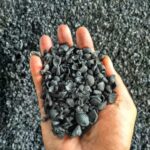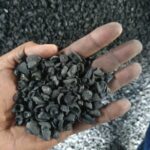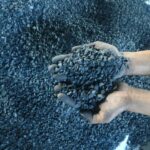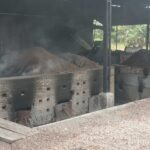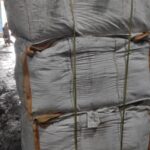Palm kernel shell charcoal
Palm kernel shell charcoal is a sustainable, high-energy fuel derived from palm by-products. Perfect for BBQ, industrial heating, and eco-friendly energy solutions with clean combustion and long-lasting heat.
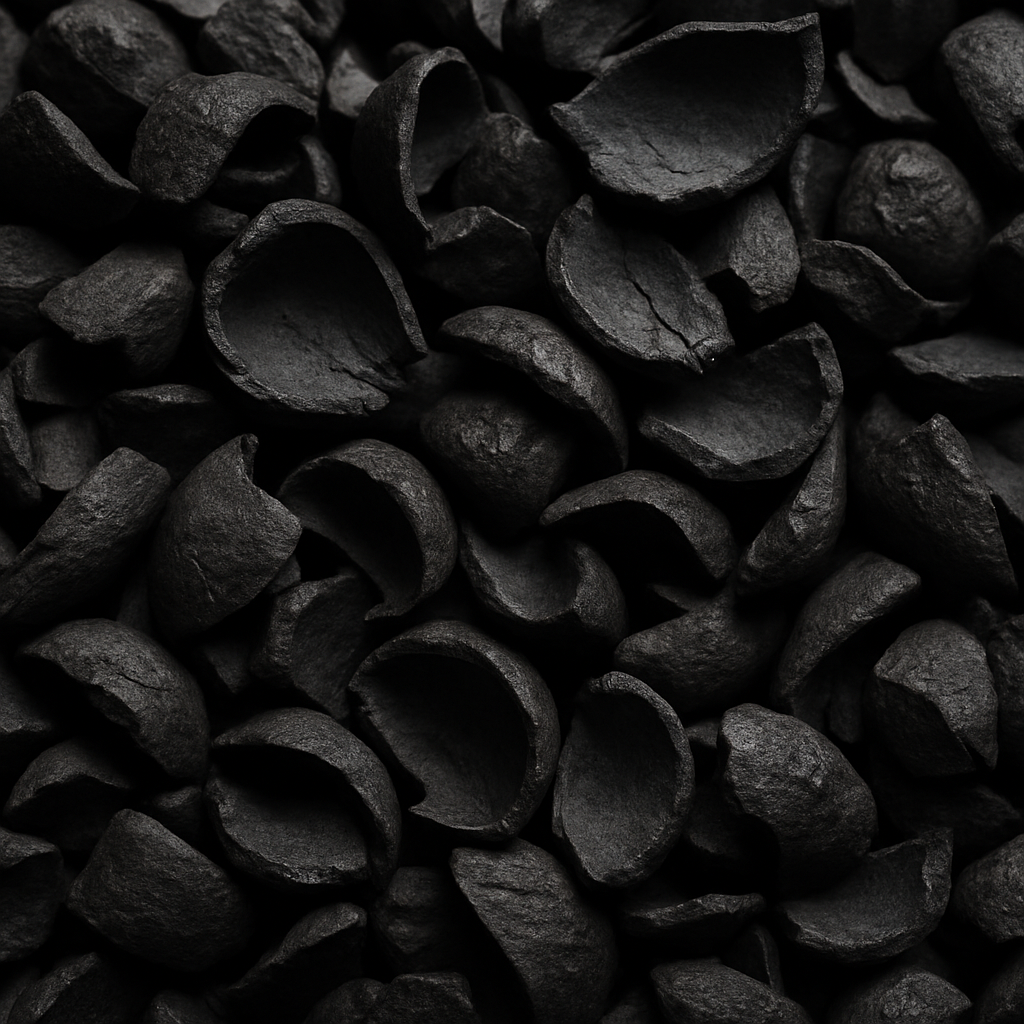
Palm Kernel Shell Charcoal
Palm kernel shell charcoal represents a sustainable, high-energy fuel derived from by-products of the palm oil industry. It serves as an ideal option for applications such as barbecuing, industrial heating, and environmentally friendly energy solutions, characterized by clean combustion and prolonged heat production.
Definition of Palm Kernel Shell Charcoal
Palm kernel shell charcoal (PKS charcoal) is a form of biochar produced through the carbonization of the hard shells surrounding the seeds of the palm oil fruit (the kernels). It is an eco-friendly biomass fuel that emerges from the waste generated by the palm oil industry, predominantly found in Southeast Asia and Africa, regions with significant palm oil production.
High Calorific Value and Heat Output
One of the key advantages of PKS charcoal is its high calorific value, which typically ranges between 4,000 to 5,000 kcal/kg. When processed into charcoal through pyrolysis (a low-oxygen burning process), the calorific value can increase even further, reaching up to 6,500–7,000 kcal/kg, making it comparable to some grades of coal.
Why Is It Used as an Alternative to Coal?
Coconut Oil Production: Copra typically contains 60–70% oil, which can be extracted through mechanical pressing or solvent extraction. This oil is widely used in cooking, skincare products, soaps, and industrial lubricants.
-
Animal Feed: After oil extraction, the leftover residue (copra cake or copra meal) is high in protein and fiber, making it a valuable feed for livestock, especially cattle and poultry.
-
Biofuel and Biodiesel: Coconut oil from copra can also be processed into biodiesel, offering a renewable energy source.
-
Skincare and Health Products: Virgin coconut oil and its derivatives are used in moisturizers, shampoos, and even some health supplements due to their antimicrobial and anti-inflammatory properties.
-
Economic Value for Farmers: Copra is a crucial export product in many island and coastal economies, providing income and employment in rural areas.
High Calorific Value and Heat Output
Advantages of Palm Kernel Shell Charcoal as an Alternative to Coal
2. Reduced Ash and Sulfur Content: The ash content is approximately 5%, and sulfur levels can be as low as 0.05%, which allows for cleaner combustion, reduced pollution, and decreased maintenance requirements.
3. Carbon Neutrality and Renewability: As a by-product of palm oil production, PKS is considered a renewable and carbon-neutral energy source, thus supporting eco-friendly energy objectives.
4. Abundance and Economic Viability in Southeast Asia: PKS is readily available in countries producing palm oil, rendering it a cost-effective biomass fuel option.
5. Adherence to Green Energy Policies: Many nations recognize PKS as a component of their biomass co-firing strategies aimed at diminishing reliance on coal and reducing emissions.
6. Versatile Applications: PKS charcoal finds use in boilers, cement kilns, power plants, as well as household barbecues, depending on the refinement process.
Market Applications for Palm Kernel Shell Charcoal
Japan and South Korea: Utilized for co-firing in biomass power facilities.
-
European Union: Incorporated into various green energy initiatives.
-
Middle Eastern and North African Nations: Employed as a barbecuing and heating fuel.
-
China and India: Used for small-scale industrial and metallurgical applications.

